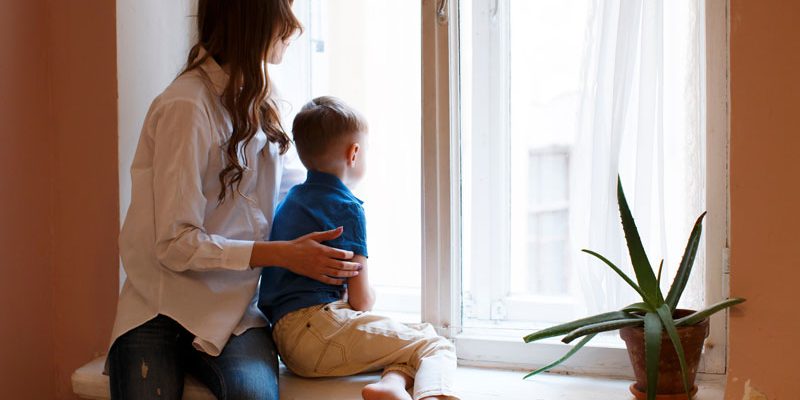Relationship breakdowns are a difficult time. When children are involved, the level of emotion and anxiety is often at its highest which can have a significant impact on each party’s ability to communicate with the other effectively. This can often lead to the need for more formal child custody arrangements.
If you are looking to make a successful, long term co-parenting relationship with your former spouse there are some very clear do’s and don’ts you should keep in mind.
There are no ‘model’ parenting arrangements. What works for one family will not necessarily work for another and parenting arrangements can take on all shapes and sizes to fit what is best for the circumstances of your family. By keeping these factors in mind, you will be setting yourself up for an effective co-parenting relationship after separation.
Do:
- Communicate – effective and positive communication with the other parent is arguably the most important factor in making co-parenting work for both you and your children. Be open and honest. Communication can occur in different ways. If speaking to your former spouse face to face is too difficulty, explore other options such as phone calls, SMS or emails. Think about whether you need to establish some common ground rules around your communication (eg, no abusive language, only discussing matters relating to the children etc)
- Be flexible – everyone needs a little flexibility from time to time and it generally benefits everyone in the end of both parents can be flexible. It can be frustrating and difficult when plans change at the last minute or the other parent is late for pick up or drop off. Try to remember that you might need some flexibility down the track, so offering it to the other parent will work in your favour in the long run.
Your parenting arrangements might need to change or adapt as your children get older to take into account schooling and extracurricular activities. Try and focus on your children and what is best for them rather than the inconvenience these changes might cause you.
- Plan ahead and keep the other parent informed – sometimes things come up at the last minute that you didn’t expect or that you forgot about, that happens. But where you can, try and plan ahead for things like holidays, school events, doctors and dentist appointments, parent-teacher interviews. This will allow both parents to try and share the responsibility and will likely lead to improved communication about what is happening in your child’s routine.
- Be prepared for negative feelings – it is perfectly normal to feel sad, lonely or resentful when your children are spending time with their other parent, particularly in the early stages of separation or around special events like birthdays and Christmas. Planning ahead around what you will do with your “me time” can be useful. Use the opportunity to catch up with friends or do something special for you. It can also help to have a clear understanding of when you will communicate with your child/children while they are away.
- Have fun with your children while they are with you – it is easy to get caught up in the negative feelings surrounding your separation and your children will pick up on them. Try to plan activities with your children that are just about you and them. Start making new memories and remember that your children will benefit from seeing you happy.
Don’t
- Don’t speak badly of the other parent – remember that your children still love both of you and they are entitled to believe that you are both the best parents in the world, whether or not you agree. Speak positively about the other parent to your children and if you need to vent about your feelings, make sure it is done when your children are not around.
- Don’t share details of your separation or dispute on social media – this never ends well. No matter how secure you think your privacy settings are, social media posts about the other parenting will generally always find their way back to them. The last thing you want is for your children to read a negative post you have written about their mother or father, or for that post to end up attached to an affidavit.
- Don’t try and compete with the other parent or go for the “win”. The biggest losers in a parenting dispute are your children. Instead, try to work with the other parent and be a role model for your children.
- Don’t try and punish the other parent through the children – in the end, it is your children who will lose. Your kids will want to see both parents on or around special occasions like birthdays or Christmas, they will want mum and dad to be at their soccer match. Try and make that happen if you.
Co-parenting is not always easy and it isn’t always appropriate. If you need advice about an appropriate parenting arrangement or on how to learn effective communication strategies, contact us to arrange an initial consultation.


